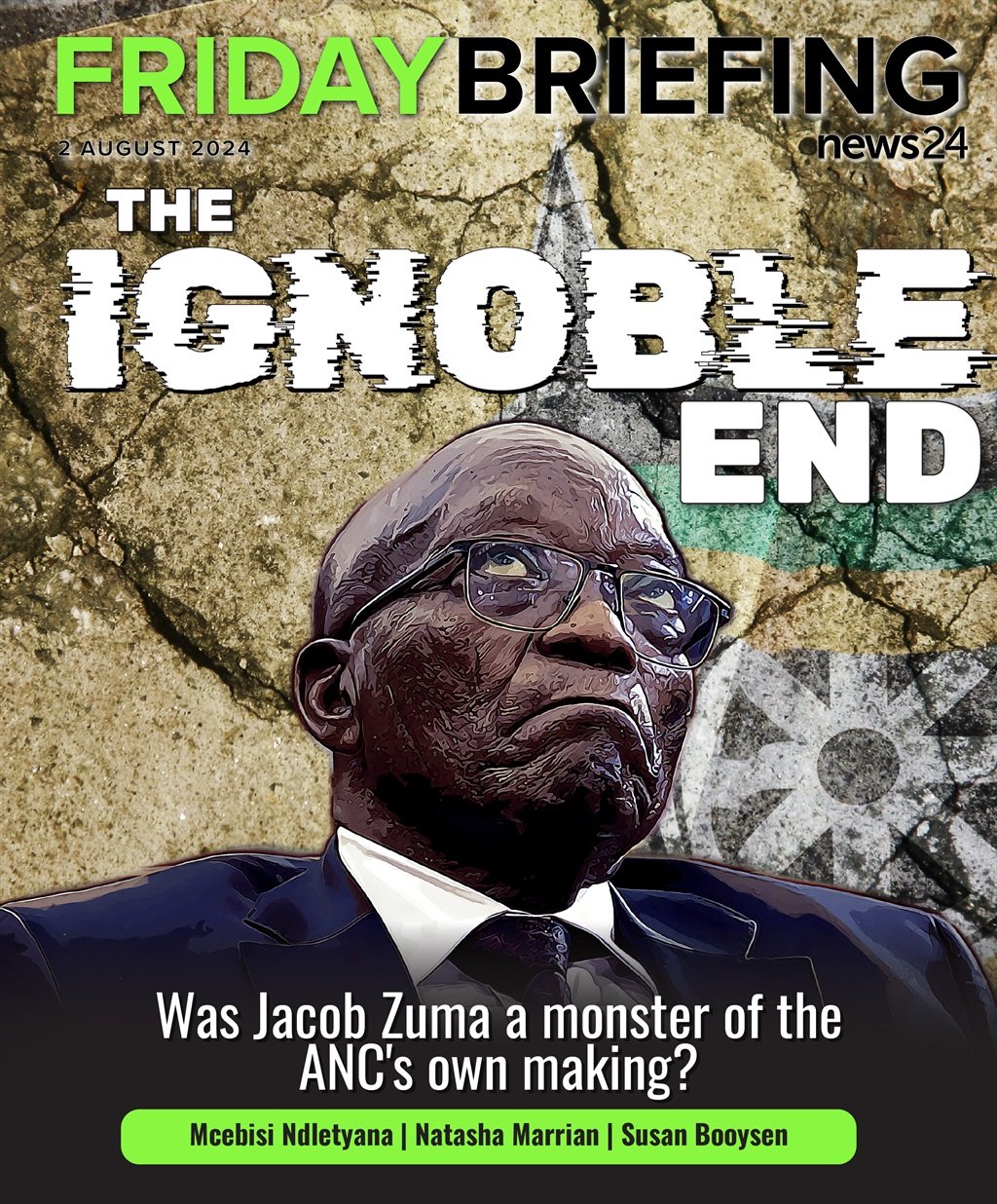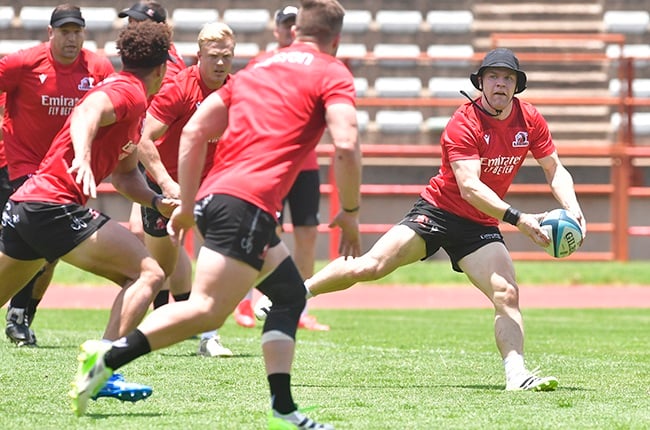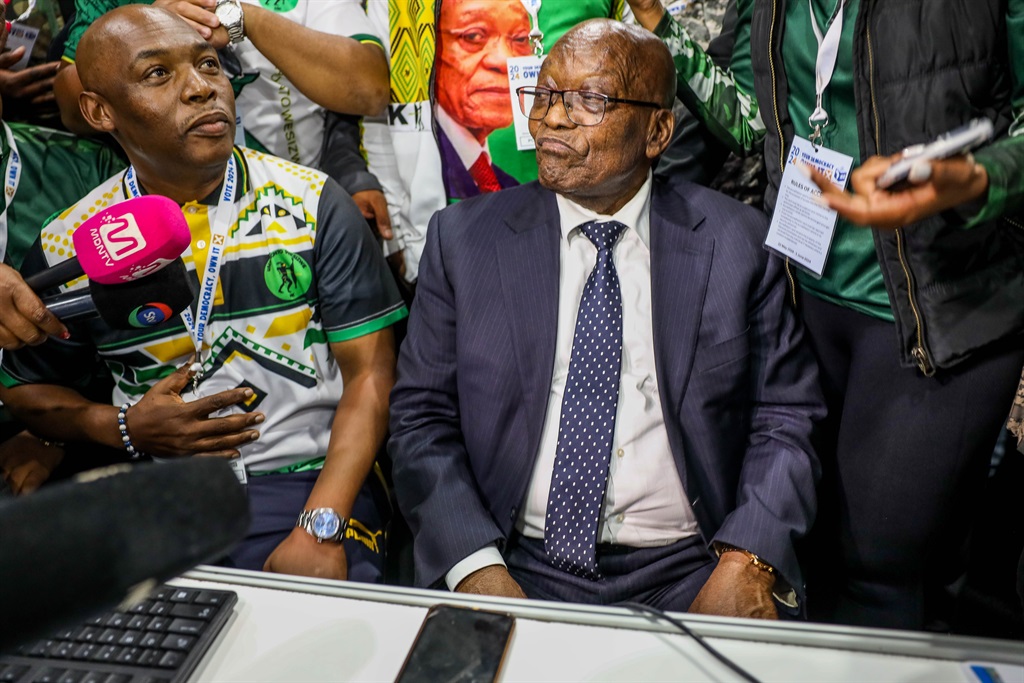
Jacob Zuma’s ignoble end after six decades with the ANC
For 64 years, Jacob Gedleyihlekisa Zuma’s home was the ANC.
A brief overview of his history shows that three years after joining the ANC at the age of 17, when Zuma became an active member of the ANC’s military wing, Umkhonto we Sizwe, he was arrested. Following a trial, in which he was charged with conspiring to overthrow the apartheid government, he was imprisoned on Robben Island for 10 years.
After Zuma’s release, he returned to the ANC, moving up the structures to eventually become the head of the ANC’s underground intelligence structures. Following the 1994 elections, Zuma became the country’s deputy president and later president.
On the face of it, this should be a legacy that anyone would be proud of.
Along the way, however, Zuma involved himself in a long list of scandals. And, for years, the ANC stood by.
At one point, Zuma allowed his friends, the Guptas, to infiltrate the state. As part of a long line of transgressions, in a reckless breach of national security, they were even allowed to land a plane, filled with wedding guests, at a military base.
In the final part of his State Capture Report, Chief Justice Raymond Zondo found that Zuma had “permitted, supported and enabled corruption and state capture”.
Zondo also found that Zuma was in breach of the Constitution.
Despite accumulating many scandals, none of them sunk Zuma. And the ANC never acted – until now.
On Monday, Zuma, whose middle name loosely translates to “one who laughs while grinding his enemies”, was expelled from the ANC.
Living fully up to his second name, Zuma was not going to go quietly into the night as the ANC probably hoped. Instead, leaders from his new party, the MK Party, issued a statement, which pushed for Zuma to remain a senior member of the ANC while still being the leader of the MK Party.
Zuma’s expulsion from the ANC stems from his launch of the MK Party in December last year.
He did not only do this while a member of the ANC, but the colours and logo of the MK Party mirror those of the ANC, which is a matter that is part of a court case.
In a further blow to the ANC, barely six months after its launch, the MK Party would go on to become the third-biggest opposition party in the country after getting more than 2.3 million votes.
The MK Party not only got 14.66%, but also won the much-contested KwaZulu-Natal.
In this week’s Friday Briefing, we consider whether Zuma was a monster of the ANC’s own making and whether the party waited too long to act, leaving it with the unenviable task of dealing with the repercussions and damage the former president left in his wake.
We have a submission from the University of Johannesburg’s Professor Mcebisi Ndletyana, who writes that Zuma’s expulsion doesn’t solve the ANC’s problems because he was a collective product of the party.
Well-known political journalist Natasha Marrian reflects on whether the state legacy Zuma left behind lives on.
Finally, research consultant Professor Susan Booysen also weighs in. She writes that while the MK Party carries the seeds of undermining the democratic political order in South Africa, it is the ANC itself that enabled the seeds to take root.
We hope you enjoy the analysis ahead of the weekend.
Best,
Vanessa Banton
Opinions editor.
Jacob Zuma vows he will ‘die in the ANC’, despite suspension and expulsion from the party. Yet he has ‘singlehandedly’, with associates, accomplices and conspirators, inflicted more damage on the ANC and the ANC-controlled state than any opposition party, writes Susan Booysen.







Recent Comments